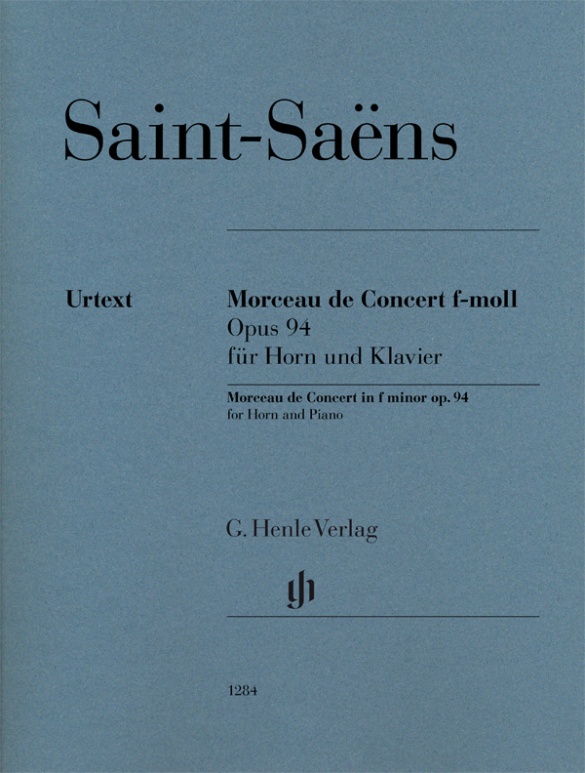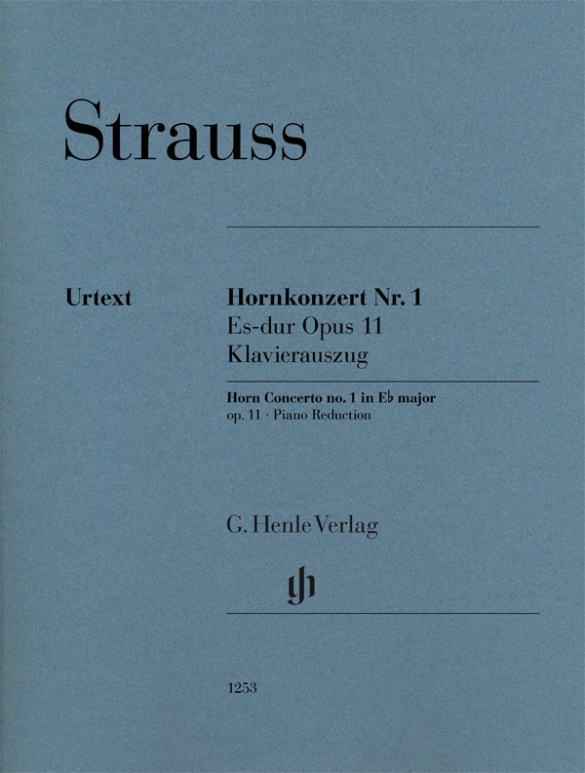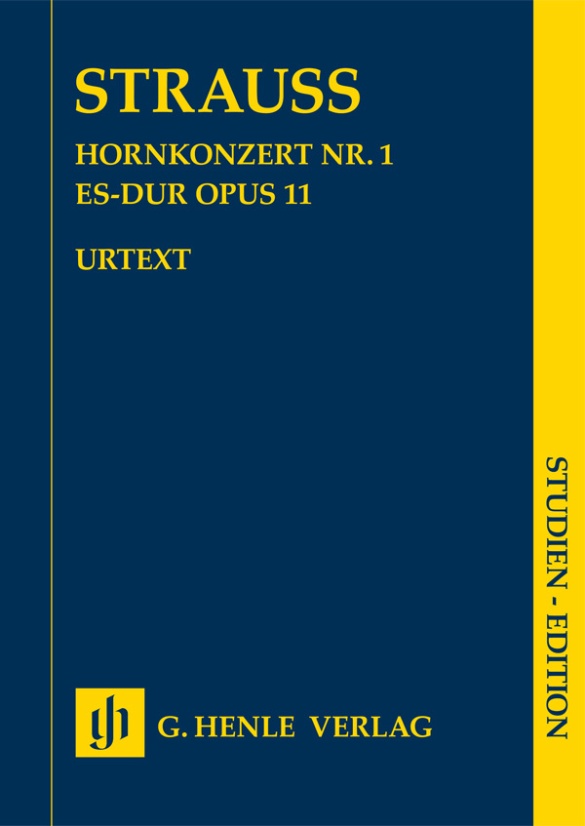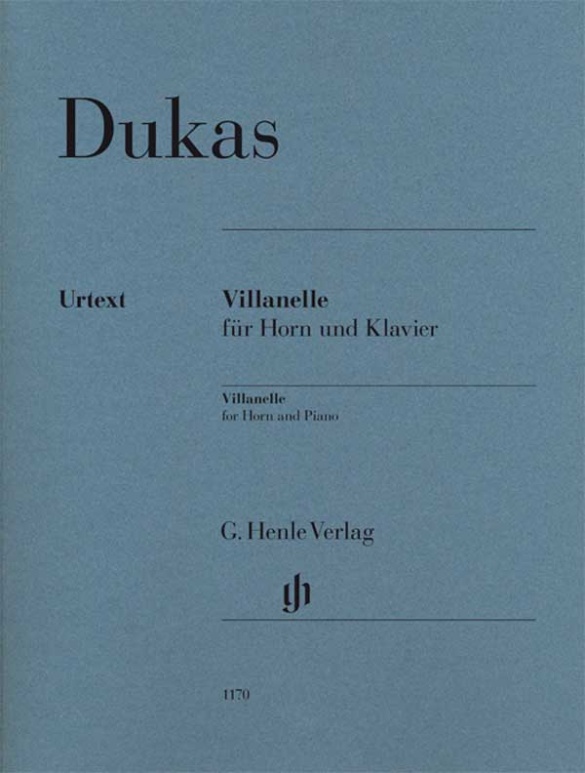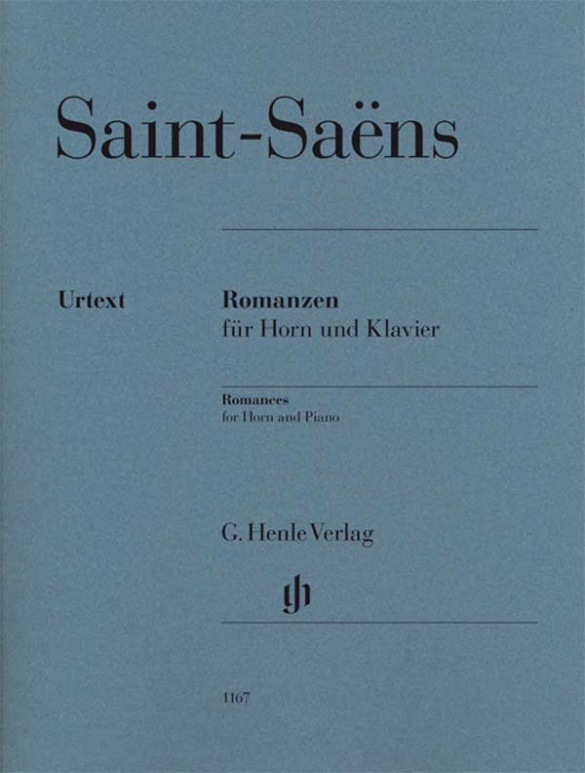

Camille Saint-Saëns
Romances for Horn and Piano
Camille Saint-Saëns composed his two Romances for Horn for two of the most respected French horn players of the time: Opus 67 in E major from 1866 is dedicated to Henri Chaussier; Opus 36 in F major from 1874 was written for Henri Garigue.
Despite the illustrious recipients, they are not virtuosic showpieces but – as the term Romance suggests – short “Songs without words” that fully savour the typical romantic sound of the horn. Alongside the orchestral version, Saint-Saëns also prepared a piano accompaniment for chamber music performances. Due to the fact that they are not overly technically demanding the Romances are also suitable for advanced students.
Content/Details
About the Composer
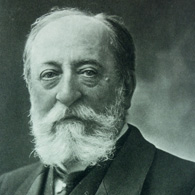
Camille Saint-Saëns
Saint-Saëns was one of the most multifaceted musicians of the second half of the nineteenth century in France. Regarded as a Classicist, he also wrote pieces with an Impressionist character to their sound, and one composition in quarter-tones. As a critic and essayist he was involved in the first complete editions of Rameau’s and Gluck’s works.
| 1835 | Born in Paris on October 9. Early comprehensive education. |
| 1848–52 | Studies at the Conservatoire de Paris. |
| 1853 | Organist at St. Merry Church in Paris. |
| 1853–59 | First large-scale works: Symphony No. 1, Op. 2 (1853), and No. 2, Op. 55 (1859); Piano Concerto No. 1, Op. 17 (1858); Violin Concerto No. 1, Op. 20 (1859); Mass, Op. 4 (1856); he attempts to arrive at unique forms. |
| 1857–77 | Organist at La Madeleine in Paris. |
| 1861–65 | He teaches at the École de Musique Classique et Religieuse Niedermeyer. |
| 1871 | Founding of the Société Nationale de musique. |
| 1871–77 | Composition of symphonic poems “Le rouet d’Omphale” (“The Wheel of Omphale,” 1871), “Phaéton” (1873), “Danse macabre” (1874), “La jeunesse d’Hercule” (1877). |
| 1876 | Attends the performance of the Ring in Bayreuth. |
| 1877 | Performance in Weimar of his opera “Samson et Dalila.” |
| 1881 | Member of the Académie des Beaux-Arts. |
| 1883 | Performance in Paris of his opera “Henry VIII.” |
| 1885 | Publication of the treatise “Harmonie et mélodie.” |
| 1886 | Performance in London of his Organ Symphony (Symphony No. 3 in C minor): major work with thematic transformation after Liszt’s model. Composition of “The Carnival of the Animals,” the publication of which he forbade during his lifetime. |
| 1899 | Publication of the book “Portraits et souvenirs.” |
| 1900 | Cantata “Le feu celeste” in praise of electricity, for the opening of the Exposition Universelle. |
| 1921 | Death in Algiers on December 16. |
About the Authors
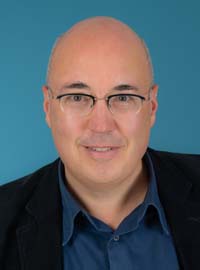
Dominik Rahmer (Editor)
Dr. Dominik Rahmer, born in 1971 in Mainz, studied musicology, philosophy and maths in Bonn. He did his Magister Artium in 1999 and his doctorate in 2006 with a thesis on the music criticism of Paul Dukas.
From 2001 to 2011 he was employed at Boosey & Hawkes/Bote & Bock in Berlin, where he also worked on the Critical Edition of the Works of Jacques Offenbach (OEK). Since 2011 he has been an editor at G. Henle Publishers in Munich, with a particular focus on French and Russian music and works for wind instruments.

Klaus Schilde (Fingering)
Prof. Klaus Schilde, born in 1926, spent his childhood in Dresden. There he was greatly influenced by Walter Engel, who taught him the piano (Kodaly method), composition and violin. From 1946–1948 he studied at the music conservatory in Leipzig with Hugo Steurer. After moving to the west in 1952 he studied with Walter Gieseking and Edwin Fischer, as well as with Marguerite Long, Lucette Descaves and Nadia Boulanger in Paris.
Schilde won numerous prizes. From 1947 onwards he gave concerts as a soloist and chamber musician on almost every single continent with renowned orchestras. He taught at the music conservatories in East Berlin Detmold, West Berlin, Munich, Tokyo (Geidai) and Weimar. From 1988–1991 he was President of the Staatliche Hochschule für Musik und Theater in Munich, where he also taught for decades as a professor. There are numerous radio and television broadcasts with Klaus Schilde as well as CD recordings. Schilde has contributed fingerings to almost 100 Henle Urtext editions.
Prof. Klaus Schilde passed away on 10 December, 2020.
Product Safety Informations (GPSR)

G. Henle Verlag
Here you can find the information about the manufacturer of the product.G. Henle Verlag e.K.
Forstenrieder Allee 122
81476 München
Germany
info@henle.de
www.henle.com
Die Henle-Ausgabe hebt dieses und andere Details hervor und ordnet sie vorbildlich in einen größeren Kontext ein. In Verbindung mit einem sehr gut spielbaren Klavierauszug entsteht so ein hervorragender Gesamteindruck.
Ensemble, 2013推荐
autogenerated_cross_selling
本书目其他版本


